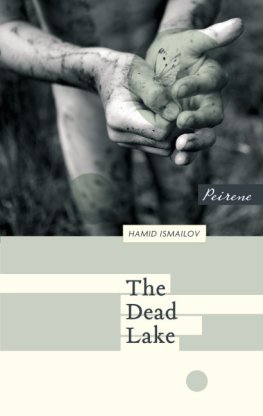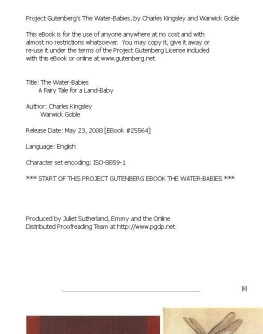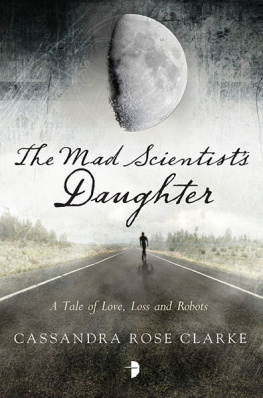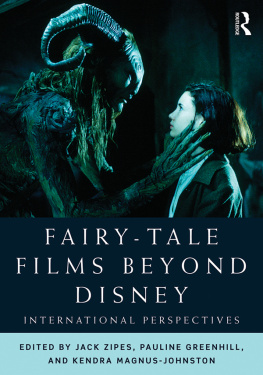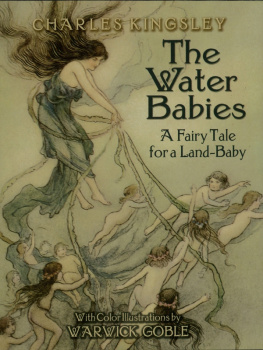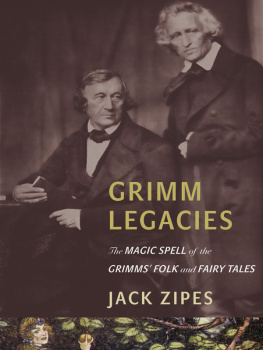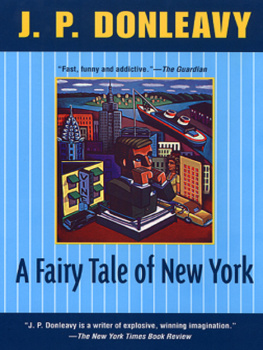Hamid Ismailov
THE DEAD LAKE
Between 1949 and 1989 at the Semipalatinsk Nuclear Test Site (SNTS) a total of 468 nuclear explosions were carried out, comprising 125 atmospheric and 343 underground blasts. The aggregate yield of the nuclear devices tested in the atmosphere and underground at the SNTS (in a populated region) exceeded by a factor of 2,500 the power of the bomb dropped on Hiroshima by the Americans in 1945.


This story began in the most prosaic fashion possible. I was travelling across the boundless steppes of Kazakhstan on a train. The journey had already taken four nights. Trackmen at remote way stations tapped on the wheels with their hammers, swearing in Kazakh. I felt myself swell with a secret pride that I could understand them. During the day the platforms and corridors of the carriages were awash with womens and childrens versions of the same tongue. At every way station the train was boarded by ever more vendors all women peddling camel wool, sun-dried fish or simply pellets of dried sour milk.
Of course, that was a long time ago. Perhaps nowadays things have changed. Although somehow I doubt it.
Anyway, I was standing at one end of the carriage, gazing out for the fourth day already at the dreary, monotonous steppe, when a ten- or twelve-year-old boy appeared at the other end. He held a violin and suddenly started playing with such incredible dexterity and panache that at once all the compartment doors slid open and passengers drowsy faces appeared. What they heard wasnt some flamboyant Gypsy refrain, or even a distinctive local melody; no, the boy played Brahms, one of the famous Hungarian Dances. He played as he walked, coming towards me. Then, just as he had the entire carriage gaping after him open-mouthed, he broke off in mid-note. He slung the violin back over his shoulder like a rifle. Wholesome local beverage entirely organic! he exclaimed in a thick, adult voice. He swung a canvas sack down off his other shoulder and pulled out an immense plastic bottle of a yoghurt drink, either ayran or kumis. I approached him, without even knowing why.
Young lad, I said, how much is your kumis?
In the first place, its not my kumis but the mares, and in the second place, its not kumis but ayran, and finally, Im not a young lad! the urchin replied defiantly in perfect Russian.
Youre not a little girl though, are you? I clumsily attempted to smooth things over.
Im not a woman, Im a man! Like to try me? Drop your breeches! the youngster snarled back, loud enough for the whole carriage to hear.
I didnt know whether to be angry or to try to soothe him. But after all, this was his land and I was the visitor here, so I softened my own tone of voice to ask, Have I insulted you in some way? If I have, Im sorry But you play Brahms like a god
Theres no point insulting me. Ill do any insulting there is to be done Im no young lad. Never mind my size, Im twenty-seven. Got that? he asked in a voice lowered to a half-whisper.
Now that staggered me.
So thats the beginning of the story. As Ive already said, he looked like a perfectly normal ten- or twelve-year-old boy. No anomalous features marked him out as a midget or a dwarf, no disproportionate limbs, no wrinkles on the face or anything of the kind.
Naturally, I didnt believe him at first, and it was obvious from my expression.
Right, here, take a look at my passport, he said, tugging the document out of his inside pocket with a well-practised movement.
While he sold his ayran to women who fussed over him delightedly (Where did you learn to play like that? Can you play Dark Eyes? How about Katyusha?), I stood there like a fool, my eyes wandering between the official document and his face. Everything matched. Looking out at me from the photo was the unspoilt face of a child.
Whats your name? I asked.
Yerzhan, he replied curtly, jabbing his finger at the passport.
Can I buy some of your I mean some ayran? I gabbled in a rather ludicrous, apologetic tone.
Taking back his passport, he replied, Brahms, you say? The last bottle, take it. Ive sold the lot
We went into my compartment to fetch the money, and since the old man in the place opposite mine was sound asleep, I asked Yerzhan to take a seat, adding that it made no sense to stand when we could sit
Does anything make any sense? he retorted, suddenly prickly again, and his question seemed to be addressed, not to me, but to this train galloping across the steppe, to this blazing steppe spread out across the earth, to this earth, adrift between light and darkness, to this darkness, which
Yerzhan was born at the Kara-Shagan way station of the East Kazakhstan Railway, into the family of his grandfather, Daulet, a trackman, one of those who tap wheels and brake shoes at night and during the day, following a phone call from a dispatcher, go out to switch the points so that some weary old freight train can wait while an express or passenger special like ours hurtles straight through the junction.
The column for Father in his birth certificate had remained blank, except for a thick stroke of the pen, and the only entry, under Mother, was for Kanyshat, Daulets daughter, who also lived at the way station (which everyone called a spot). The spot consisted of two railway houses. In one lived, in addition to Yerzhan, his grandfather and mother, his grandmother, Ulbarsyn, and her younger son, Yerzhans uncle, Kepek. The second way-station house was occupied by the family of Grandad Daulets late shift partner, Nurpeis: his widow, Granny Sholpan, her son, Shaken, with his city bride, Baichichek, and their daughter, Aisulu. Aisulu was a year younger than Yerzhan. Nurpeis himself had fallen under a non-scheduled train.
And that was the entire population of Kara-Shagan, if you didnt count the fifty or so sheep, three donkeys, two camels and the horse, Aigyr, all owned between the two families. There was also the dog, Kapty. But he lived with Aisulu most of the time, so Yerzhan didnt think of him as his own. Just as he didnt take into account the clutch of dusty chickens with a pair of loud-voiced cocks, since they multiplied and decreased in numbers in such a mysterious fashion that none of the Kara-Shaganites ever knew how many of them there were.
Multiplying in a mysterious fashion is a relevant point here, since in fact no one, except perhaps God, knew how Yerzhans mother, Kanyshat, became pregnant with him and by whom. Cursed by her father from that time on, she never spoke a word about it to her immaculately conceived son. And all that Yerzhan knew from what Granny Ulbarsyn told him was that at the age of sixteen Kanyshat had run into the steppe after her silk scarf, which had blown off. The steppe wind lured her on, further and deeper, as if teasing her, on and on towards the sunset. And what happened after that was so fantastic that Yerzhan couldnt make any sense of it. The sun was already sinking when suddenly it soared back up into the sky, glowing brightly. A tremor ran through the earth from the horizon. A whistling wind sprang up out of nowhere, then faded away for an instant, only to reverse its direction with a mighty rush so sudden that the dust of the steppe swirled up to the heavens in a black, hurtling tornado. And when Kanyshat, more dead than alive, discovered that she was at the bottom of a gully, there standing over her scratched and bloody body was a creature who looked like an alien from another planet, wearing a spacesuit.

